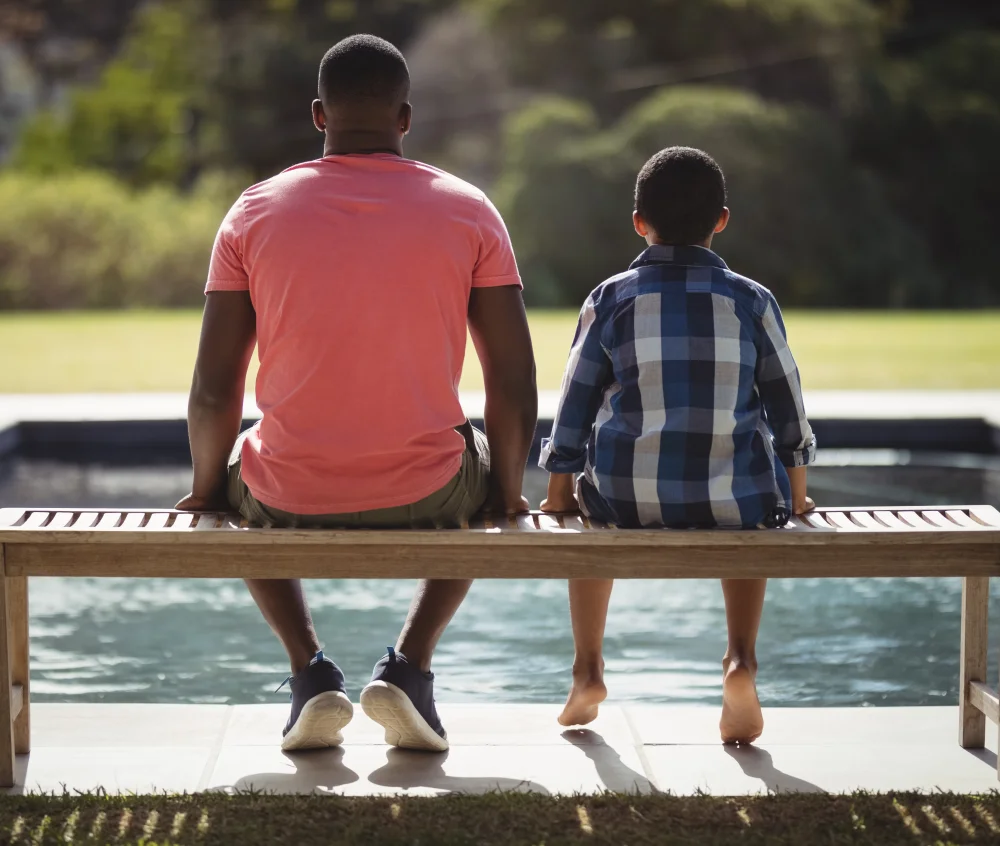

Earth Day 2020

Meet Betty
Betty arrived at Speilok Orangutan Rehabilitation Centre on 2nd August 2018, when she was only 2 years old. She was found crying on the banks of a river alone and afraid, and at such a young age she would have been completely dependant on her mother. Babies would usually stay by their mothers side for 7 to 8 years.
Local villagers waited a couple of days to see if the mother came back but there was no sign of her or any other adult orangutans around to care for her. So they called Speilok Orangutan Rehabilitation Centre to come and rescue her, which they did and carefully transported her over 100km away to the rehab centre where she was cared for by a veterinary team.
Luckily for Betty all she needed was a good drink as she was very dehydrated, a lot of love and care, along with a soft warm hammock to curl up in. Betty's real name in fact is Begia, derived from the Malay word 'bahagia', which means to be blissfully happy, but to make things easier for adoption they nicknamed her Betty. They all hope that her Malay name will be a good omen for Betty and bring her happiness in the future.
After a quarantine period, to make sure she wasn't carrying any dangerous diseases, Betty was introduced to the other babies in the nursery and it wasn't long before she found her feet. Her nursery friends soon showed her the ropes and she started learning how to climb. She loves climbing so much now that her carers often find it difficult to get her to come back into nursery at the end of the day.
She still has a lot to learn before she can survive in the forest on her own, but her eagerness and determination to stay outside shows great promise.
During the Summer of 2019 an article was released from an interview with a young carer whose situation had become so desperate that she felt like there was no option but to ‘put herself into foster care’. At age 15, Laura Kinsley, spent nine months in foster care after not receiving adequate support. Read more here.
Did you know?
These amazing endangered animals can live up to 30 - 40 years in their natural habitat or up to 50 - 60 years in captivity.
6 Months On

We adopted Betty on the 5th July 2019 when she was 3 years old, which means we have been supporting and sponsoring her for nearly a year now, come the 4th July 2020.
Recently, we have been sent a progress report and an update on how Betty is doing from the rehab centre. Here's what they had to say...
Betty is now approaching 4 years old and is a healthy, happy, very expressive young orangutan. Being friendly and tolerant means she gets on well with the other youngsters and they all enjoy playing together.
Betty's climbing skills have come on leaps and bounds, although she does still like to play on the ground, which for a young orangutan can be a very dangerous place, mainly for picking up bad bacteria in the soil, especially after it rains.
Currently Betty is being encouraged to learn new foraging skills, which is fine by her as she is happy to try any new foods, even flowers, leaves and insects. In fact anything that takes her interest will soon become an orangutan snack! In the forest, fruit is usually widely available during the beginning and end of the rainy season (December and May) but can become scarce by the end of the dry season (August).
Due to climate change, the dry season is becoming longer so it is essential that Betty has knowledge of other food sources available to her.
In the wild, young orangutans stay with their mother for around 8-10 years. It is thought that this long "childhood" is due to how much they need to learn before they can live alone successfully. To help with their development, at Sepilok, staff provide enrichment activities for the youngsters. Such as giving them large leaves to practice best nest building and branches with treats hidden inside to encourage problem solving skills.
All of these lessons are a vital part of the rehabilitation process to enable the youngsters to live and survive in the wild. Betty's curiosity and willingness to learn about everything bodes very well for her future.
Did you know?
Orangutans have highly adaptive molars, much like humans, which makes it easier for them to eat tough foods such as leaves and bark.

Enquire now!
Interested in Becoming a Foster Carer?
We're pleased that you would like to register your interest in fostering with Futures Group.
- Have a spare bedroom
- Are over 21 years of age (there is no upper age limit)
- Have experience of interacting with children or young people
We're always looking for foster carers from different cultural, religious and racial backgrounds, single people, couples (whether married or living together, with or without children). Together we can make a difference to children's lives.